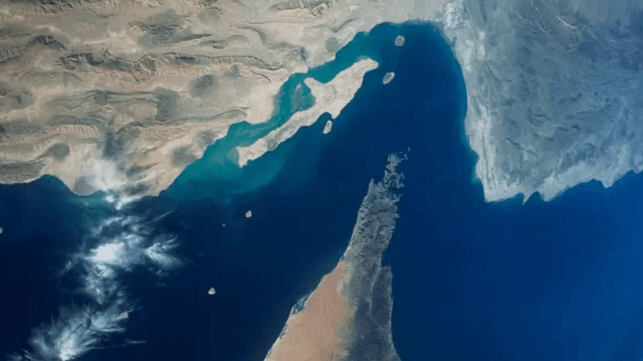Scammers Try Out "Safe Passage" Extortion Scheme for Strait of Hormuz

Calamities are a golden opportunity for unscrupulous scammers, who often try to trick unwitting survivors out of their money by pretending to be a government agency. It appears that the same scam has been tried in shipping, according to EOS Risk Group's Martin Kelly: one enterprising fraud group has been trying to extort vessels into paying for "safe passage" through the Strait of Hormuz. Entirely fake, this solicitation promised the shipowner that the vessel would be safe from Iranian attack if the money was paid - and that the ship would be hit if not.
"Several ships reported receiving suspicious emails from an entity claiming to be a subsidiary of Iran and the Houthis, demanding payment of 100,000USD for both inbound and outbound transit of the Strait of Hormuz," said Kelly in a social media post. "The email threatens if the vessel attempts to transit and the payment is not paid – then the ship will be ‘blown up’."
Kelly said that the email had clear signs of an unsophisticated fraud, including obvious misspellings and a lack of any organizational signature. It also came from an email server associated with scam accounts.
"We disallow any transit from this straight untill we permit. [sic] Only after payment of transit fees and our permission you can transit," the notice read. "No negotiations, you got 2 hours for payment of 100,000 USD as both inbound and outbound transit. If you won't pay just turn around and go on opposite direction. If not, and resist to pass without out permission, serious armed actions will be taken. We will blow you up and se t [sic] an example for rest of the shipping companies."
It is unknown whether any operators took the bait before regional tensions calmed down early Tuesday (local time). But now that Iran, the U.S. and Israel have reported a ceasefire deal, this scam is unlikely to succeed going forward.
